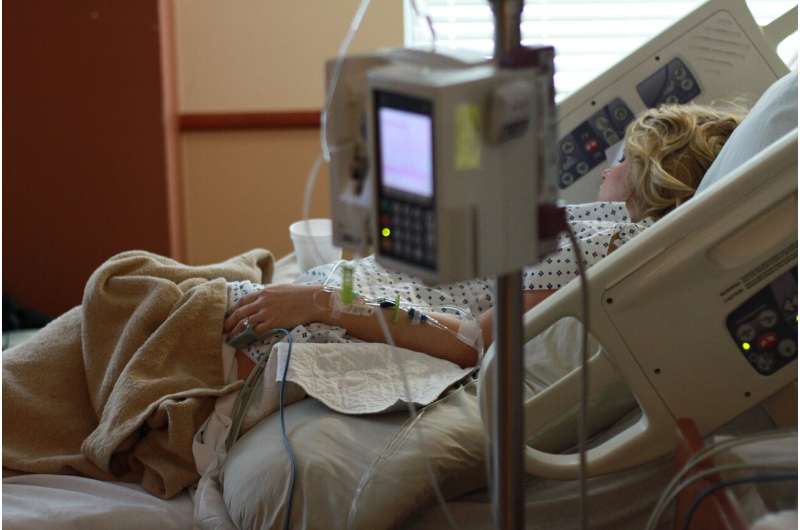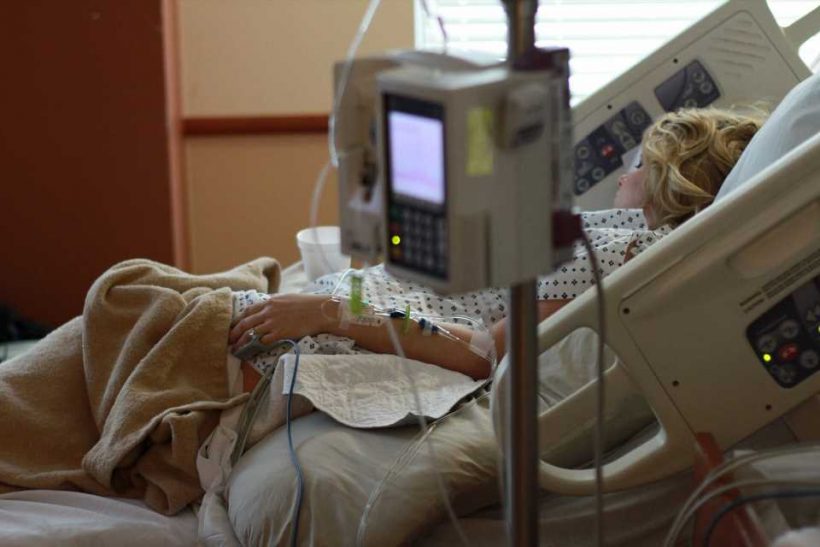
Women, minorities and patients enrolled in Medicaid are less likely to receive regional anesthesia techniques that consistently improve outcomes after surgery, suggests research being presented at the Anesthesiology 2022 annual meeting.
The study of more than 56,000 patients is the first to report these disparities in patients having one of seven common surgeries, including shoulder and knee replacement. Regional anesthesia involves injecting drugs that numb the lower half of the body (spinal anesthesia) and/or the nerve for the area where the surgery is being performed (nerve block). In some cases, a catheter may be placed near the nerve and numbing medication continually delivered for several days after surgery.
Research has shown regional anesthesia significantly reduces pain after surgery, limiting the use of opioids while also decreasing complications. The use of regional anesthesia techniques has enabled a growing number of patients to have surgery under sedation, rather than general anesthesia, meaning they usually don’t require a tube to be placed in their throat to help them breathe.
“We have some work to do when it comes to delivering equitable anesthesia care for some of our most common surgeries,” said Alex Beletsky, M.D., lead author of the study and resident anesthesiologist at Riverside Community Hospital, California. “There may be several factors contributing to this disparity. Certain patients may be less inclined to receive regional anesthesia because they fear needles or don’t understand its benefits. Or they simply are being offered the option of regional anesthesia less consistently due to practice trends at a given hospital or surgical center, or individual surgeon or anesthesiologist preferences. This research sets a framework for further studies to understand why this is the case and determine how to improve access to this valuable care.”
Researchers retrospectively reviewed the records of 56,881 people 18 or older who had surgery between January 2016 and June 2021. The surgeries included: knee replacement, shoulder replacement, carpal tunnel release, anterior cruciate ligament (ACL) reconstruction in the knee, ankle fracture repair, total abdominal hysterectomy and arteriovenous (AV) fistula creation for dialysis.
The main findings from the study demonstrated the following:
- Patients with Medicaid insurance were 39% less likely to receive regional anesthesia than those with private insurance.
- Minority patients (e.g., Black and other non-white patients) were 29% less likely to receive regional anesthesia than white patients.
- Patients with more severe medical conditions were 12% less likely to receive regional anesthesia than those with less-severe conditions.
- Female patients were 11% less likely to receive regional anesthesia than male patients.
Source: Read Full Article
